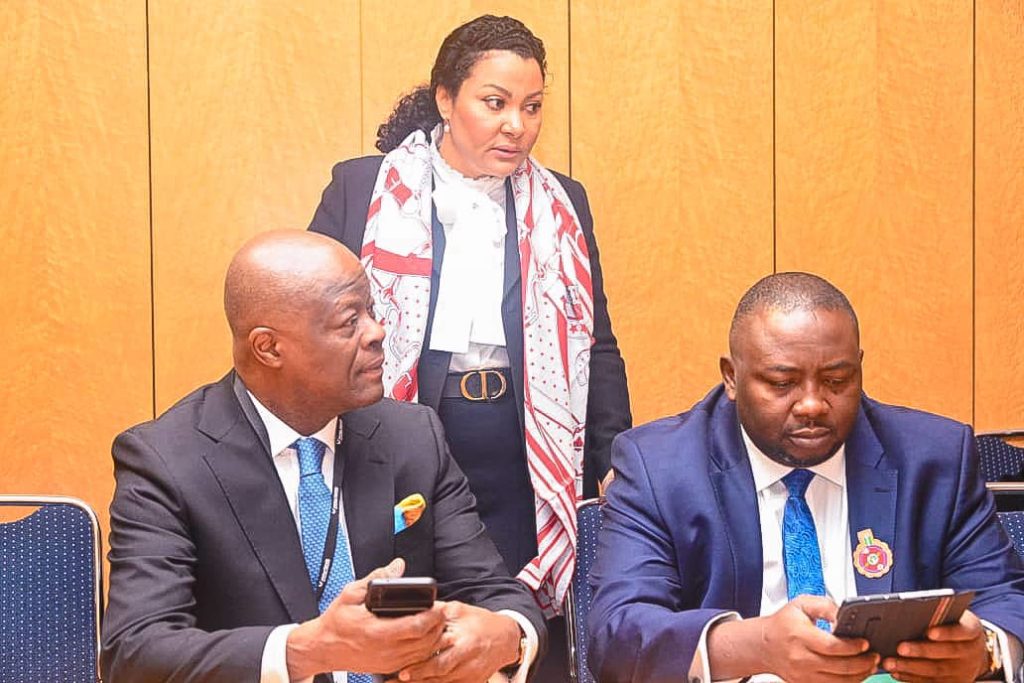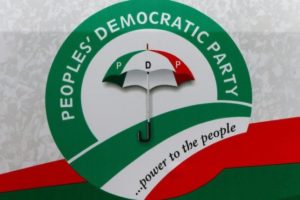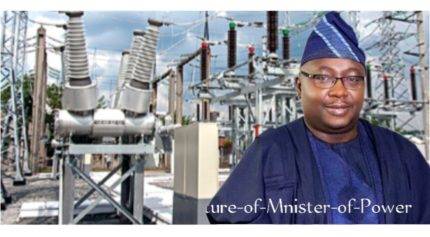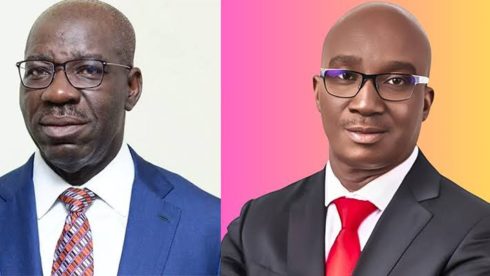Nigerian Power Sector- OGM | The Minister of Power, Mr. Bayo Adelabu, unveiled a significant development on Friday, revealing the federal government’s contemplation of transferring its 40% stake in 11 power distribution companies (DISCOs) to state governments. This proposal aims to enhance oversight and address the persistent power shortages plaguing Nigeria. The DISCOs, privatized a decade ago, operate across multiple states, highlighting the intricate nature of their management.
Moreover, the government is exploring the possibility of exchanging its shares in the DISCOs for stakes in the Niger Delta Power Holding Company (NDPHC), a separate entity jointly owned by the federal, state, and local governments. This maneuver seeks to streamline ownership structures and potentially revitalize the power sector by leveraging NDPHC’s infrastructure in generation and transmission capacity.
Historical Context and Stumbling Blocks
The inception of NDPHC in 2005 aimed to confront Nigeria’s chronic electricity challenges by harnessing the collective efforts of the federal, state, and local governments. However, attempts to attract investment, particularly through the proposed privatization in 2013, encountered hurdles due to NDPHC’s shared ownership structure among the tiers of government.
The intricacy arises from the initial funding of US$25 billion for NDPHC from the Excess Crude Oil Account, belonging to the federal, state, and local governments. This entanglement obstructed the privatization efforts, prompting the recent proposal to exchange state and local government shares in DISCOs for federal shares, thereby addressing multiple challenges simultaneously.
Multi-Faceted Objectives Behind the Proposed Shift
The envisioned swap of shares aims to decentralize electricity matters beyond federal control, empowering states to manage and resolve local electricity issues promptly. This move seeks to eliminate bureaucratic hurdles, enabling more efficient resolution of power-related concerns at the grassroots level.

Additionally, the initiative aims to stimulate power generation at the state level, potentially leading to increased investment and incentivizing meter production, ultimately eradicating estimated billing issues. Furthermore, the proposal intends to untangle NDPHC’s complexities, paving the way for its comprehensive privatization, with the federal government likely retaining a minority share, encouraging investor interest in the generation and transmission sectors.
Nigerian Power Sector- OGM | Potential Criticisms of Power Sector Policy
The potential consolidation of power utilities under state ownership could streamline operations and attract investors by offering a comprehensive investment landscape. However, critics within the electricity sector view this move as a federal abdication of responsibility, considering the variance in state capacities. They advocate for public ownership, citing it as the catalyst for democratizing investment and addressing the capital needs essential for Nigeria’s poToward a Unified Approach in Power Sector Revitalization
The government’s proposal to hand over its shares in DISCOs to state governments and potentially restructure NDPHC signifies a concerted effort to revitalize the power sector. While aiming to decentralize control and encourage local solutions, this strategy could potentially streamline operations and attract much-needed investment. Yet, the debate over the most effective ownership model remains, with experts emphasizing the importance of public ownership for long-term, sustainable development in Nigeria’s electricity landscape.
Potential Game-Changer in Power Sector Reforms
In a move that could significantly reshape Nigeria’s energy landscape, the Nigerian government is deliberating the transfer of its 40% stake in 11 power distribution companies to state governments. This shift marks a strategic endeavor to decentralize electricity management, localize issue resolution, and spark state-owned power generation initiatives.
By considering this transfer, the government aims to address several critical challenges plaguing the country’s power sector. The decentralization of electricity management seeks to streamline decision-making processes, potentially expediting issue resolution at the local level. Moreover, this move is anticipated to incentivize state governments to invest in and boost power generation within their regions, aiming for more sustainable and reliable energy sources.

Nigerian Power Sector- OGM | Driving Factors Behind the Proposed Transfer
The primary drivers fueling this ambitious proposal are multifaceted. Firstly, the move intends to stimulate the production of meters within Nigeria. By transferring the distribution stake to state governments, the hope is to create a conducive environment that fosters local meter production, mitigating the longstanding issues of meter shortages and improving billing accuracy across the nation.
Secondly, the potential transfer of ownership seeks to set the stage for a more efficient privatization process within the energy sector. By allowing state governments to play a more active role, it is anticipated that the energy market could witness increased efficiency and better service delivery, ultimately benefitting consumers across the nation.
This proposal, if implemented, could signify a monumental shift in Nigeria’s power sector dynamics, offering renewed hope for improved electricity infrastructure and enhanced service delivery throughout the country.
Table of Contents
Discover more from OGM News NG
Subscribe to get the latest posts sent to your email.













